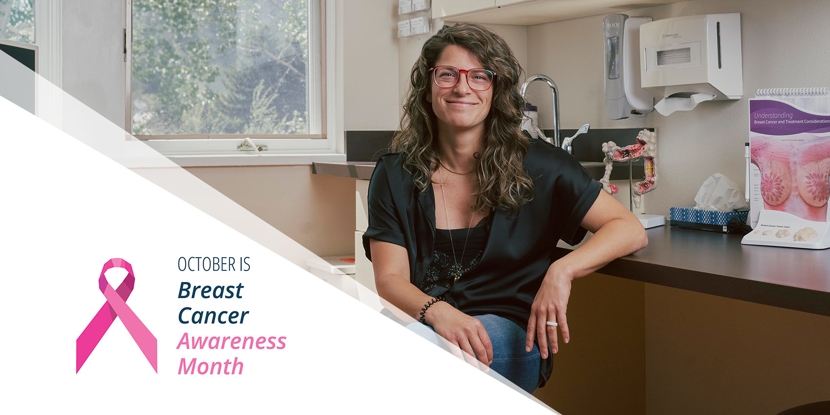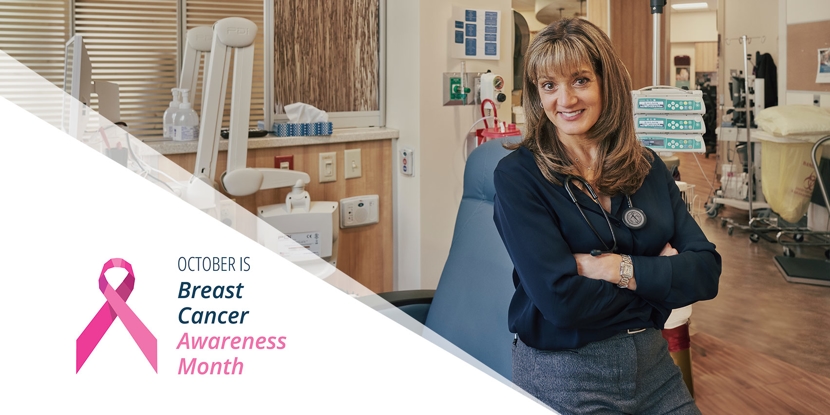What Every Man Should Know About Prostate Cancer
- Category: Blog
- Posted On:
- Written By: St. John's Medical center

According to the American Cancer Society, prostate cancer is the second leading cause of cancer-related death in American men. It is also estimated by the American Cancer Society that more than 170,000 American men will be diagnosed with prostate cancer this year, making it critical that all men know the risk factors and symptoms to look for:
What is the Prostate?
Aping-pong ball-sized gland located in the groin, between the penis and rectum. The prostate is important for reproductive health.Prostate cancer begins when cells from the prostate begin to grow out of control.
Risk Factors
Often thought of as an old man’s disease, prostate cancer has a multitude of risk factors that influence one’s chances of developing the disease. The risk factors can include:
Age: Although 60% of those diagnosed with the disease are over the age of 65, a man’s risk of developing prostate cancer continues to increase after the age of 50. Prostate screenings should start at age 50.
Ethnicity: Prostate cancer develops more often in people of African descent; when it does develop in this group, it also tends to develop earlier on in life. For those with family history, screenings should start at age 40.
Family history: Having a brother or father who has had prostate cancer more than doubles one’s risk of developing the disease.
Genetics: Inherited genetic mutations of the BRCA1 and/orBRCA2 gene or men with Lynch syndrome are at an increased risk of developing prostate cancer.
Symptoms
Unfortunately, early stages of prostate cancer often come without any symptoms, which is what makes regular screenings so important. However, when prostate cancer reaches more advances stage, some of the below symptoms may be present:
Slow or weakened urine stream
Urinating more frequently
Painful/burning sensation while urinating
Blood in urine or semen
Erectile dysfunction
Decrease in ejaculated fluid
Pain or pressure in the rectum
Pain in the lower back, hips, thighs, or chest
It is important to remember that the presence of these symptoms do not necessarily mean you have prostate cancer and could point to other underlying medical conditions.
Screenings Options and Diagnosis
The goal of screening for prostate cancer is to look for signs of cancer that may have a high risk of spreading and to detect them before they do. Two of the most commonly used tests are:
Prostate-Specific Antigen (PSA) Test: The Prostate-Specific Antigen (PSA) test is a test that measures the levels of PSA in your blood. The higher the level of PSA present, the more likely you are to have an issue present.
Digital Rectal Examination (DRE): More commonly known, the Digital Rectal Examination is when a doctor inserts a gloved, lubricated finger into the rectum to feel for any abnormalities in the prostate.
It is also important to note that just because your doctor suggests that you get screened for prostate cancer, it does not mean that they suspect that you have it. Early detection for prostate cancer is key, making routines screening something all men should discuss with their doctor.
Treatment Options
If any abnormalities are found during these tests, a biopsy may be done to confirm the presence of cancer and determine the grade of cancer that is present. Once diagnosed, several treatment options are available to treat prostate cancer. Your doctors will work to find the best treatment option for you.



